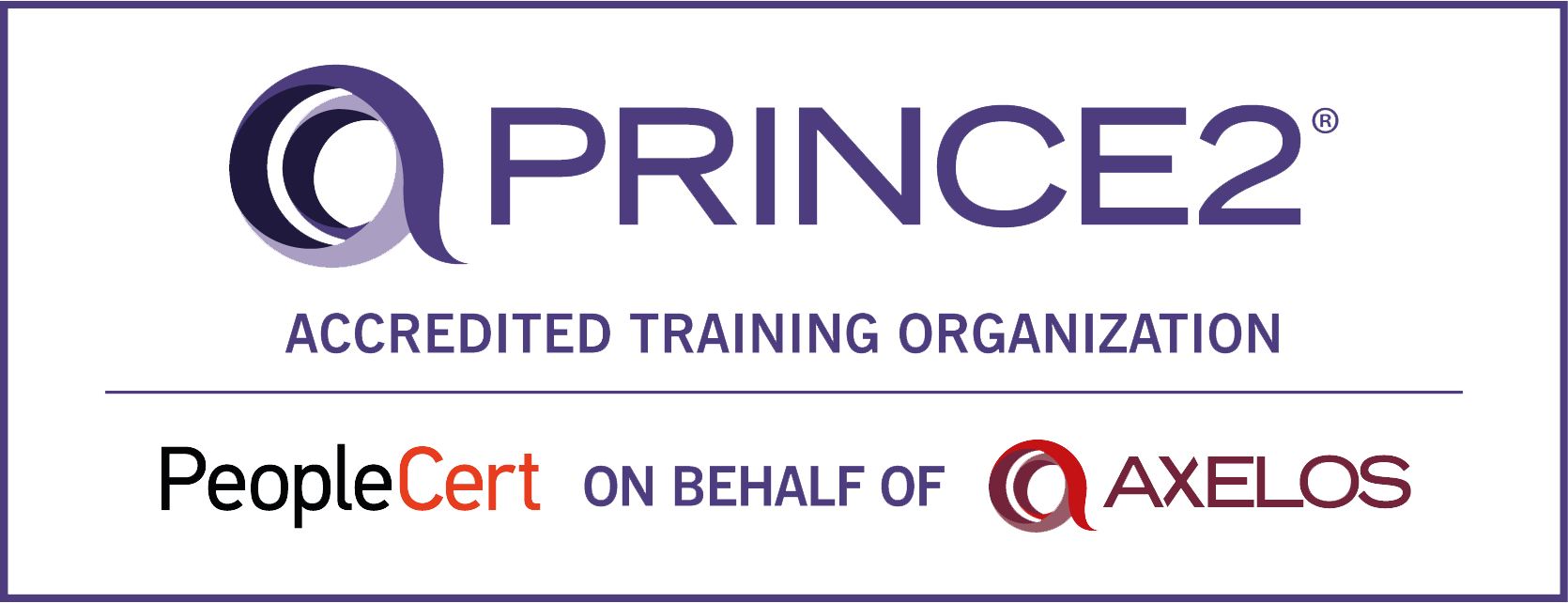Project environment
Many organizations implementing a project do not reach the expected results. They complain about the project manager, project team or external circumstances. But sometimes the company environment is not favorable towards the projects and may cause significant problems during the project.
1. Why do the projects?
Do you know the reasons for doing each project? Are these reasons valid during the whole life of the project? How do you measure the success of the projects? By the amount of spent funds? Are you ready to stop the project if the reasons for the project disappear?
2. How do you support the projects?
Do you have a Project Office? Could you easily find the documentation from the previous finished projects? Who provides the company strategies and templates to the project teams? Do you have some configuration management in the company, which should be implemented to the projects? Do you provide any training to the project teams?
3. How do you measure the success of projects?
When the project delivers the required products within the planned costs and budget, do you consider the project a success? Are the results of all projects really used up? Do you define the benefits of the project prior to the start? Are the benefits measurable? Is there someone who evaluates the benefits during the project and after its completion? In case of failure, are you interested in finding the real reasons why the project failed, or ore you only interested in making excuses?
4. Who works on the project?
Do you have a staff appointment system in a project or they are just notified? If you assign a person to the project, will you relieve him of some of his usual workload, or the project represent unpaid overtime? Who approves the transfer of the staff to the project? Is there someone who is personally responsible for the success of the project? Is the staff motivated to finish the project successfully? Would you discipline the people, who do not work in an efficient way on the project? Who is able to do it, and how?
5. How are the projects financed?
Are you able to make funds available for the project? How is the project funds guaranteed? What happens if the sources for the project are late? When the next stage of the project is approved, will the Project manager automatically get the resources or he has to ask for the resources from somewhere else? Might it happen, that the funds will be shortened or not paid at all? Is the budget allocated according to the management of the issues and risks?
6. Who provides the direction?
Do you know the responsibilities of the Project Board (Project Steering Committee)? Have the appointed people to these roles, sufficient authority to make decisions? Have they the time to complte the task? Do the Project Board members have the skills as described in the project management methodology?
7. How do you check the quality of the project?
Does your company have any quality management certificate (similar to ISO 9000) or has the company developed guidelines in relation to quality? Do you have a designated person who oversees the quality of the company and and of the projects? Have you developed a system that controls the quality of your company's products?
8. How do you manage the risks?
Are there risks, which may influence your company? (NO usually means, that you have no idea about the threads that could jeopardize your company). Have you assigned the person, who regularly monitors the risks? Do you have a strategy, on how to evaluate and eliminate the possible impact of the risks involved? Do you maintain a list of the risks? Do you check, if the projects are correctly implementing the risk strategy?
9. How do you communicate?
Do you have any regulations on how to communicate inside the company? Should any serious decision or authorization be sent via Email or SMS? Are there any delays, which the person must answer to? Do you check if the message, that was sent out, was received by all recipients and was correctly understood? Is the communication (for example Emails) stored for audit purposes? How are the projects communicating with a company environment?
10. Who makes the decisions?
Is it clear, who makes the decisions on which level of authority? Is there a procedure on how to complain, if the respective authority refuses to make a decision or makes the wrong decision? Do you discipline the people, who are critical of the wrong decisions?



Comments
Sign up to make a comment.